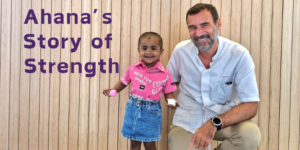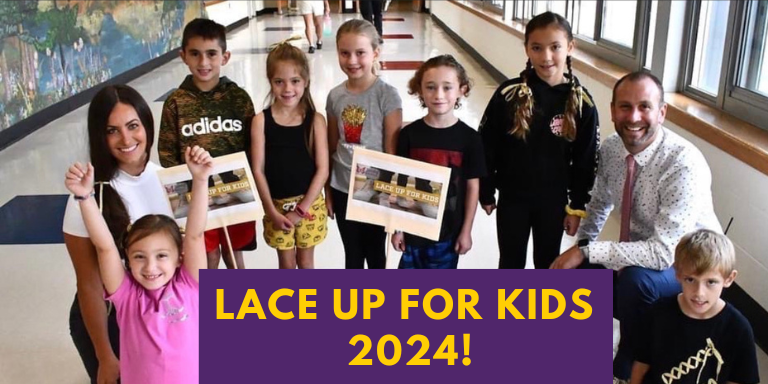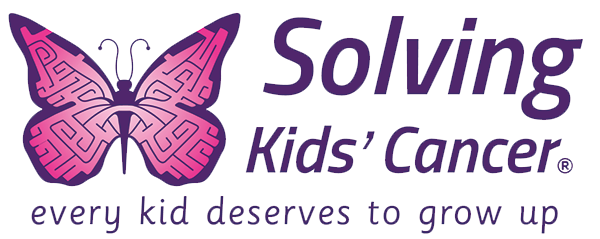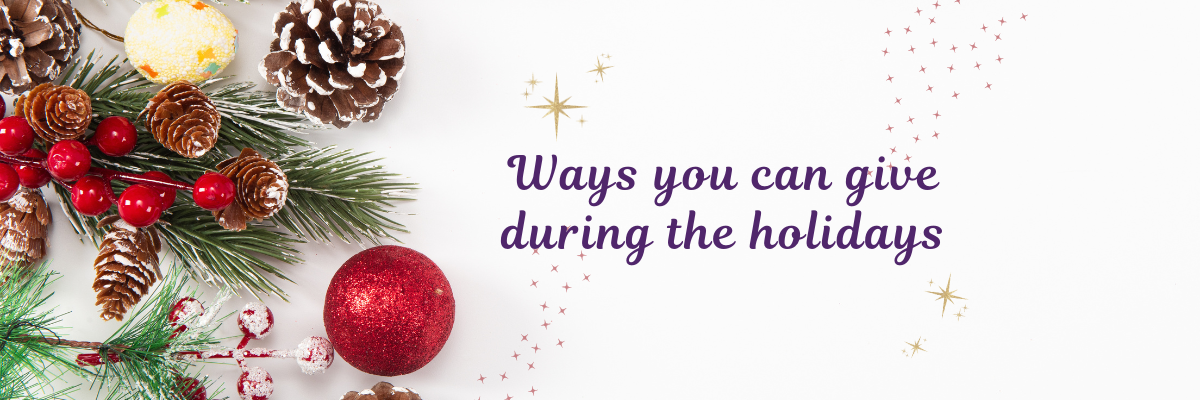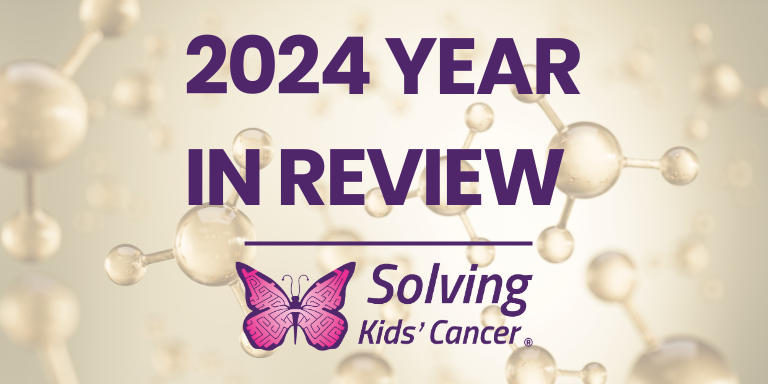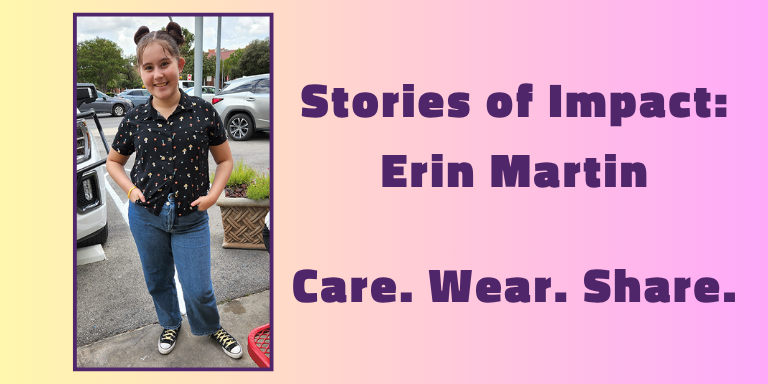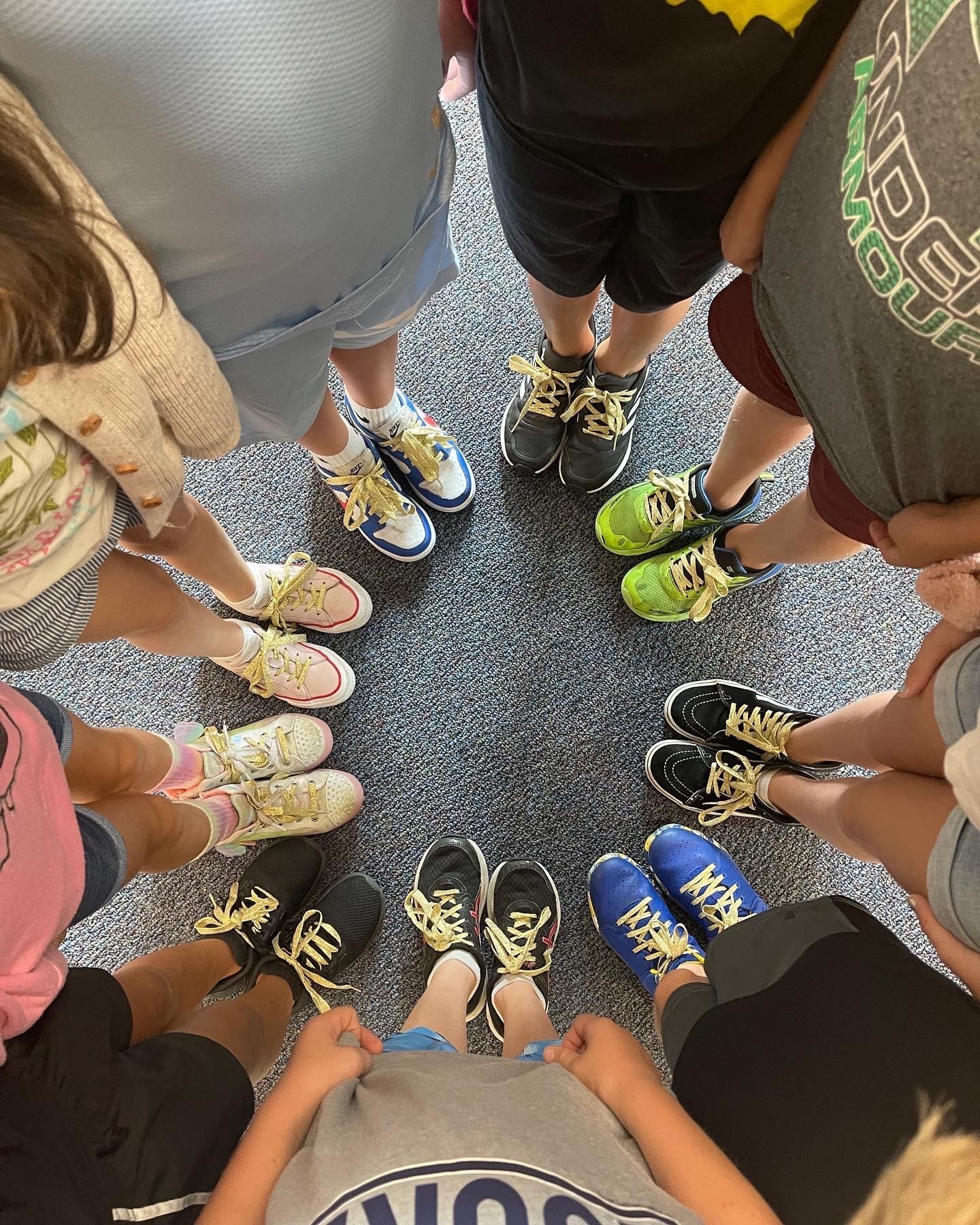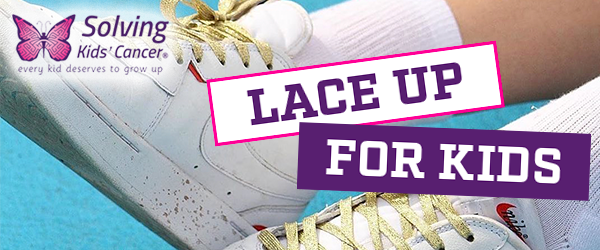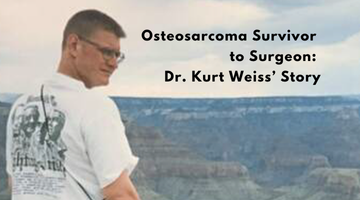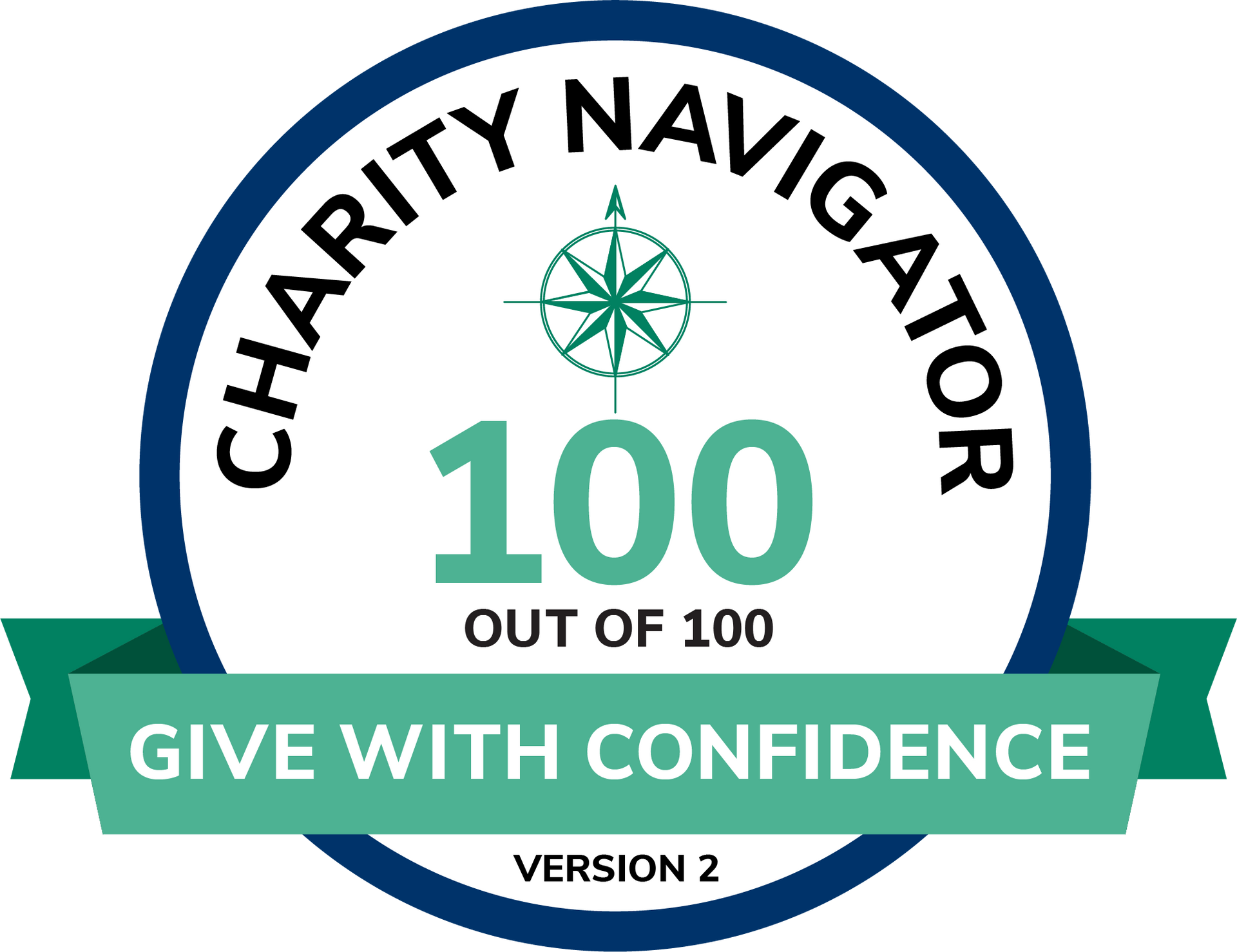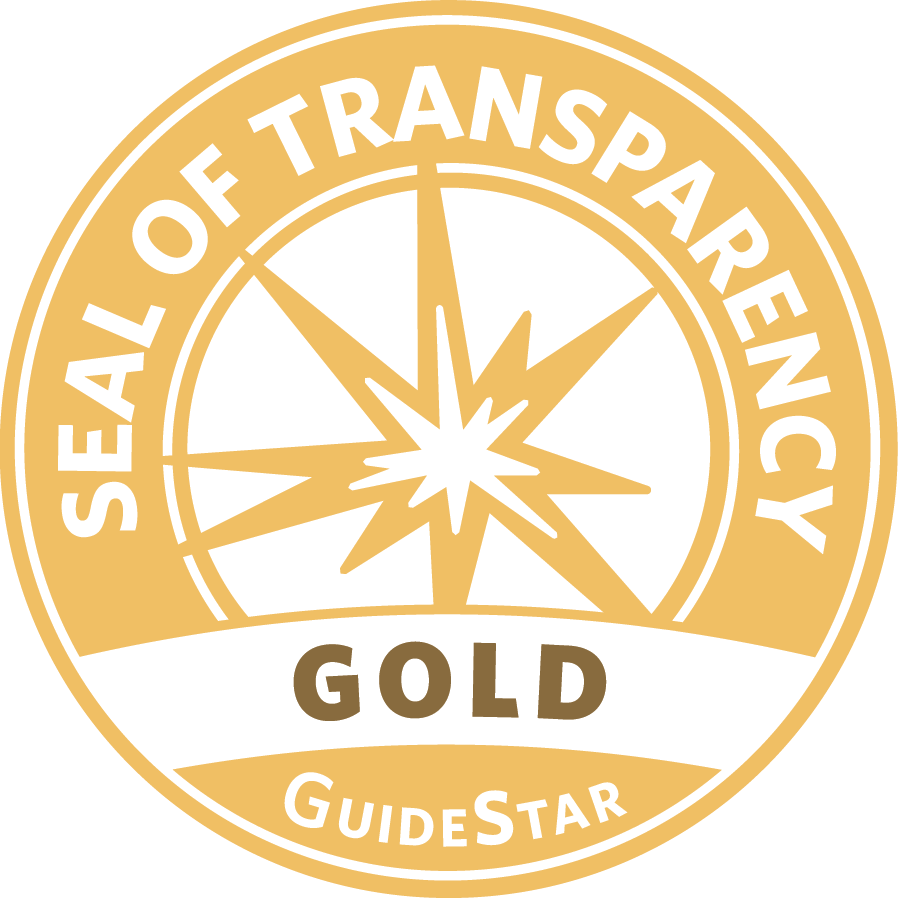Lessons Before and After Childhood Cancer from a Mother
As a parent, your primary instinct is to protect and care for your children. But, what happens when your child is diagnosed with cancer? How do you navigate your family through the devastating diagnosis, harsh treatments and fears of recurrence? And, when the unthinkable happens — what does life look like after loss?
The journey of a parent whose child has been diagnosed with cancer can be a difficult and emotional one, filled with challenges and uncertainties. In honor of Mother’s Day, we asked mom and childhood cancer advocate, Lara Cady Weberling to share the lessons she’s learned before and after childhood cancer changed her life forever.
1. Listen to Your Gut.
“It can be intimidating to question a physician but sometimes there is something that doesn’t sit right.“
When Lara’s son, Hans, was just three years old, she noticed he had a small bruise in his groin area. Despite going back and forth between the pediatrician, urologist, getting X-rays and asking countless questions, she was still not getting the answers her family needed.
Hans slowly became lethargic, fussy and his belly started to protrude. Doctors initially thought it could be an infection or a hernia, but Hans was not given any antibiotics. Lara shared, “It didn’t make any sense and it was incredibly frustrating.” It wasn’t until she drove Hans to the nearest children’s hospital that they received a diagnosis.
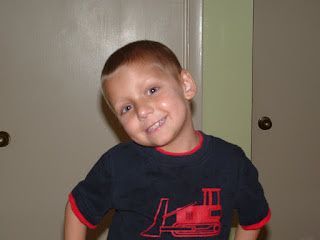
“Later that night I would hear the word neuroblastoma for the first time in my life, when the chief of radiology came in after our abdominal ultrasound in the ER. We’d be admitted to the 9th floor (pediatric oncology) that night and wouldn’t go home for 17 days,” Lara recalled.
As a parent or caregiver, you know your child best. If you notice any changes in your child’s health or behavior that concern you, trust your instincts and seek medical attention. Also, get a second opinion to ensure that you receive the correct diagnosis and the best possible care for your child.
2. Find Your Circle.
“Navigating diagnosis changes everything about your life. It requires every gift and resource you have, It completely changes your relationship with everything and everyone. There is a desperation and urgency that is almost completely incomprehensible to anyone except a very small handful in your innermost circle of support.”
A childhood cancer diagnosis can be a difficult and overwhelming experience for the whole family. For Lara, it was essential to seek support to help her and her family navigate the challenges of pediatric cancer. Aside from relatives and friends, she also found encouragement from other families battling neuroblastoma.
“I think it’s so important to seek connections with other families going through your same diagnosis when possible. You can start with your doctors and social workers, ask for any information and support groups specific to your child’s cancer type,” Lara explained.
Families battling childhood cancer often experience secondary trauma from feeling isolated during their journey. But, remembering you’re not alone and reaching out to other parents going through similar struggles can be one of your best childhood cancer resources as you help each other cope with the emotional, physical, and financial demands of the disease.
3. Save Something for Yourself.
“It’s easy to give and give and give and not have much left. This can happen to anyone in modern society — cancer or not. So, save something just for yourself and your family.”
Self-care is important for parents and caregivers of children with cancer. Taking care of yourself not only benefits you, but also your child and the rest of your family. When you prioritize your own health and well-being, you’ll be better equipped to provide the care and support that your child and family need.
“You need to feel your feelings! Feelings are for feeling. These are big huge gigantic feelings you will need to roll around in, talk about and process! You will need to let your child, partner and other siblings feel their feelings as well!” Lara emphasized.
Hans’ pediatric cancer journey involved multiple relapses, so it never felt like Lara and her family were on stable ground. To get through the daily battles, she advised parents: “You’ll have to find…some quiet, reflective time for prayer, meditation or contemplation. This is heavy, intense and so hard. It will hit you on every level.”
Whether it’s in the waiting room, a hospital bed, or at home, making sure to enjoy every moment you have together as a family will also help to get through the challenges of childhood cancer. As Lara shared, “You can’t put your life on hold until the fight has been won. You have to enjoy moments of togetherness and find joy in every single day. Every day is an adventure, every day is a gift.”

4. Hold on to the Memories.
“I love to remember the feeling of closeness that we shared…In the weeks before we lost him, he said some things that I will always cherish. He told me, ‘We’re the perfect match for love.’ And he told me there was no other mom for him but me. That’s pretty much all we need as moms, isn’t it?”
Holding on to memories can be a valuable way to cope with the grief and loss of a child to childhood cancer. Those moments of light can help you in the midst of the pain and darkness grief brings and give you a sense of purpose to keep moving forward.
Though there will always be a “Hans-shaped hole” in their family’s hearts, Lara and her family honor Hans every day by recalling their memories of him. “To this day, the entire family still talks about Hans, makes jokes about him. He was such a character and everyone still celebrates and shares in who he was,” she said.
Today, Lara works as a donor recruiter, a role that helps her honor Hans’ memory by helping ensure blood products are available to pediatric cancer patients and other patients in need everywhere.
5. Get Involved.
“We benefited from clinical trials, it is only natural to give back and do our part to put other children through trials as well through our fundraising activities…government, hospital and pharmaceutical resources only go so far…unfortunately, it falls to charities to fill that [childhood cancer] funding gap…”
Another impactful way that Lara and her family have honored Hans’ memory is by giving back. When Hans was given his initial neuroblastoma diagnosis, he had a 50/50 chance of relapsing after standard treatment. Clinical trials helped provide him with the latest treatment options that were not yet available to everyone.
For Hans to receive the best childhood cancer treatments, Lara and her family had to travel to doctors and hospitals across the country for six years. It was a huge financial burden for Lara and her husband, so when their family and friends organized a fundraiser for them that raised over $20,000 within three weeks, it was a lifesaver.
Lara shared, “The love and support that we received put us in a position that we will spend the rest of our lives giving back. It just becomes part of your life, part of your calendar year to do so!”
After losing Hans, Lara and her family have given back to the pediatric cancer community in numerous ways by fundraising, advocating, speaking at multiple childhood cancer conferences, such as the Neuroblastoma Symposium, and even starting a support network for parents called NPACK (Neuroblastoma – Parents, Angels, Caregivers and Kids), where families share information and neuroblastoma stories.
Today, she continues to be a voice in the community as a member of the New Approaches to Neuroblastoma Therapy (NANT) consortium parent advisory panel.
Create Your Own Fundraiser and Support Families Battling Childhood Cancer
Now more than ever, families battling childhood cancer like Lara’s did, need your help. Support families in the fight against cancer by creating a fundraiser to fund lifesaving childhood cancer research. Solving Kids’ Cancer’s Create Your Own Fundraiser program allows you to personalize, share and manage a childhood cancer fundraiser from start to finish.
From hosting a bake sale to celebrating an anniversary to honoring a loved one, and so much more, you can help further our mission of funding the most promising research to accelerate better treatments for childhood cancer — because every kid deserves to grow up.
